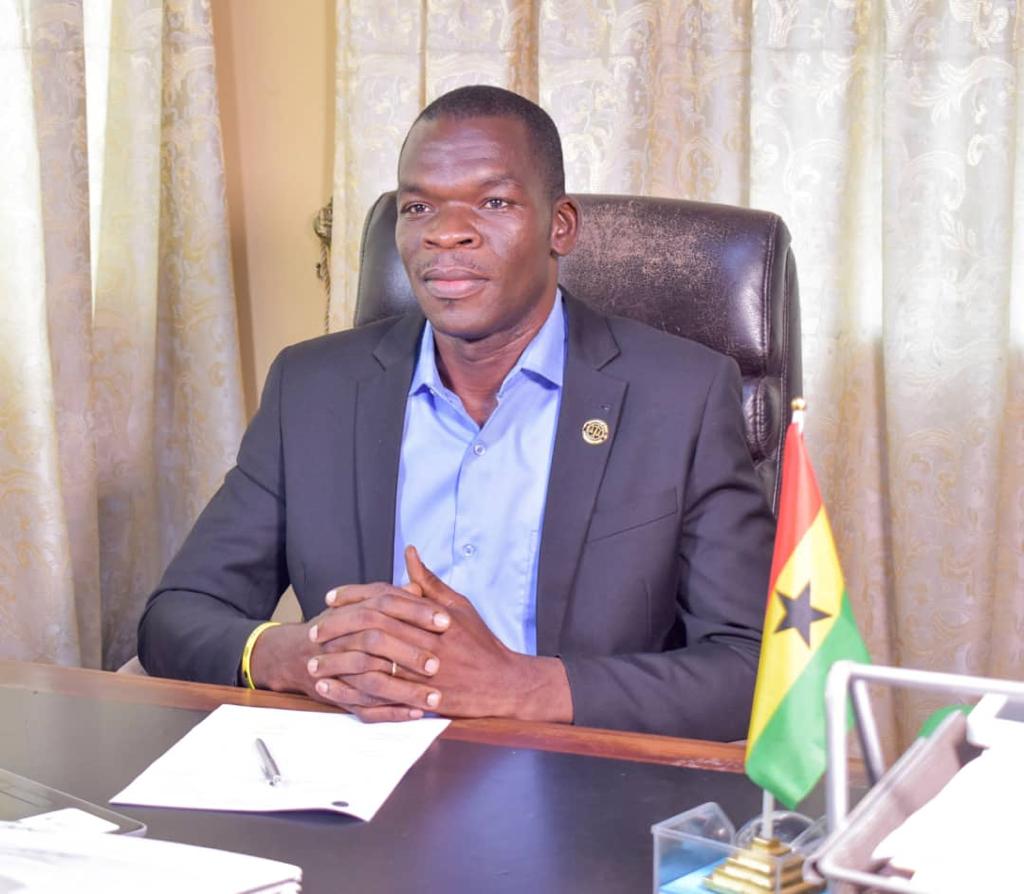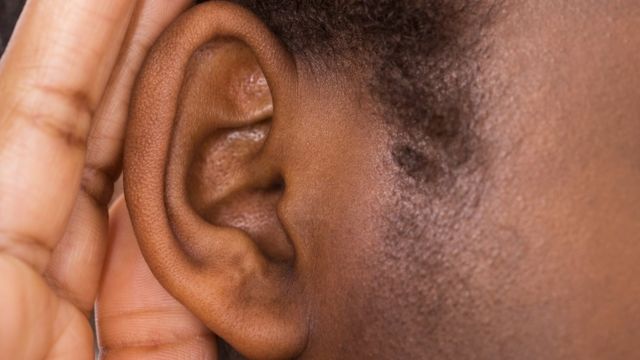In Ghana, 470,737 people have some degree of hearing loss, according to the 2021 Population and Housing Census.
Out of this number, 385,794 have some difficulties, 65,495 have a lot of difficulties while 19,448 cannot hear at all.
This group constitutes a significant proportion of the population, but the figure could be higher but due to the stigma associated with hearing loss, many people do not disclose their hearing loss.
Over 80 per cent of children who have varying degrees of hearing loss in Ghana are not in school or have no access to a specialised teacher or appropriate interventions such as Ghanaian Sign language.
According to the Director of the association, Juventus Duorinaah, Ghana National Association of the Deaf (GNAD), “the majority of people with hearing loss are stigmatized, marginalised, and lack access to essential resources for their development.

A large number of people have not been screened for early detection for appropriate intervention because the service is not available to them,” he said.
The World Health Organization (WHO) recognizes 3rd March every year as World Hearing Day (WHD). The WHD is a global campaign aimed at disseminating information and encouraging people to take steps to improve hearing care and avoid hearing loss.
The theme for 2022 WHD is ‘‘To Hear for Life, Listen with Care’’.
The 2021 World Report on Hearing Loss states that 1 out of 5 persons worldwide lives with hearing loss, 80% of which live in low- and middle-income countries.
The majority of people with hearing loss do not have access to interventions such as hearing aid and others.
The Ghana National Association of the Deaf (GNAD) re-echo “WHO’s warning that hearing loss, if not identified and addressed early, can have far-reaching consequences.
This may include adverse impacts on language development, psychosocial well-being, and educational attainment,” the Director of the association, Juventus Duorinaah noted.
Existing evidence has shown that hearing loss affects the educational attainment of deaf children of school-going age in Ghana.
It is estimated that one in 3 deaf children missed out on education during the first 4 years of schooling, which can have negative implications on their future development.
This situation could be mitigated through early screening, which is crucial in identifying children for early, effective interventions.
Negative societal attitudes and prejudices towards individuals with hearing loss affect disclosure of hearing loss, seeking for medical intervention and discouraging investment of families in the development of such individuals.
As part of measures to reduce stigma against individuals with hearing loss, the association “calls on the government to collaborate with the relevant institutions and organizations, to support comprehensive awareness-raising on hearing loss.
This will demystify misconceptions associated with hearing loss and encourage Ghanaians to seek appropriate interventions.
The group is calling on the government to resource existing hearing screening and assessment centres in the country, including those in Schools for the Deaf, to make them more efficient and effective
This will ensure that children of school-going age have access to early screening for identification of hearing loss for early interventions,” the director of the association added.
In a press release, the Ghana National Association of the Deaf (GNAD) observes that one of the key interventions recommended by the WHO for people with hearing loss is age-appropriate Sign Languages.
However, in the context of Ghana, the appropriate language is the Ghanaian Sign Language.
The GNAD noted that “recommendation from WHO both consonance with international best practices and suitable for Ghana, where medical technology, such as hearing aid devices, language therapy and advanced technology are expensive or non-existence.
Consequently, we call on the state and the National Council on Persons with Disabilities to expedite action towards the re-enactment of the revised Persons with Disability Act, (Act 715) and enhancing access to and use of Ghanaian Sign Language services,” Juventus Duorinaah, indicated.
The GNAD believes that these measures will ensure that children and young deaf people in Ghana will not be left out.
Latest Stories
-
Pan-African Savings and Loans supports Kotobabi No.2 Primary School
7 seconds -
Albert Dwumfour re-elected as GJA President
8 minutes -
Minibus destroyed by fire on Sawla-Wa Highway
19 minutes -
Hanna Bissiw exposes attempt to influence release of arrested illegal miners
21 minutes -
Over 70% of Ghanaian adults suffer low back pain – Physiotherapist raises alarm
42 minutes -
‘We yearn for peace, strive for justice’ – GBA renews call for Torkornoo’s reinstatement
54 minutes -
Galamsey fight: Government to outdoor cooperative mining scheme to provide alternative livelihood – NAELP Coordinator
57 minutes -
“Let politicians fight politicians” — Ex-GBA President Kotei Neequaye declares war on Kofi Adams and Nii Lante Vanderpuye
1 hour -
GJA 2025 elections in photos
1 hour -
Kojo Bonsu’s ambassadorial appointment will boost Ghana-China trade, say Kumasi traders
1 hour -
Nine test positive for H1N1 at Anum SHS
1 hour -
NPP flagbearer race: Mike Oquaye urges rich ideas, not divisive rhetoric
1 hour -
I resigned because of Prez. Mahama, NDC – former GBA President
2 hours -
Ecobank Ghana champions green energy transition with ASAP loan for homes, businesses
2 hours -
Former GIHOC MD granted GHc500k bail
2 hours

